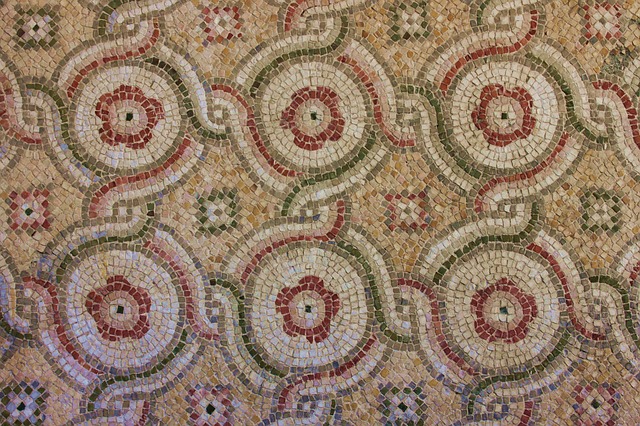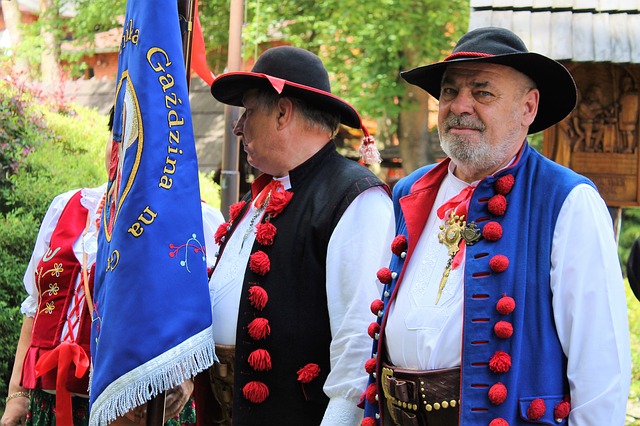Discoveries from Ancient Rome
Surely you yourself have heard a lot about Rome, but this ancient empire was probably progressing in all areas of human study, from art to science and politics to military achievements. The empire gradually disappears within 4-5. However, signs of the presence of the Romans are found not only in the Mediterranean region, but also in Europe today on the territory of Southern and Central Europe.

Invention
Roman concrete
1. One of the most important buildings in the world is undoubtedly the Colosseum. But how is it possible for this building to stand without major repairs for more than 2000 years? This is a question that scientists have been asking for a long time, and the mystery has only recently been solved. It is made of so-called Roman concrete and has a slightly different composition compared to us, the main component of which is volcanic ash. Thanks to him, it will be very durable.
“Arch Architecture”
On the entire territory of the former state there are many large bridges and aqueducts, which are most often erected only from the arches. Aqueducts made it possible to easily move water over long distances, thanks to which water and sewerage systems were developed throughout the country, and agriculture also flourished here.
Spa
Yes, the first public baths have already appeared here. Often quite wealthy citizens came here to talk with acquaintances and scholars who like spas.

Findings of our time
To date, thanks to archaeological discoveries, we still learn something new about the lives of those people. A number of everyday objects such as jewelry, containers, tools and equipment for livestock have already been discovered. However, for example, larger “monuments” may also be discoveredRecently, most of the decorative mosaic floors have been discovered in Cyprus. Mosaics were a popular type of art for the Romans, depicting scenes that were characteristic of their time, life, etc.Therefore, this discovery is another important testimony to this magnificent empire.




